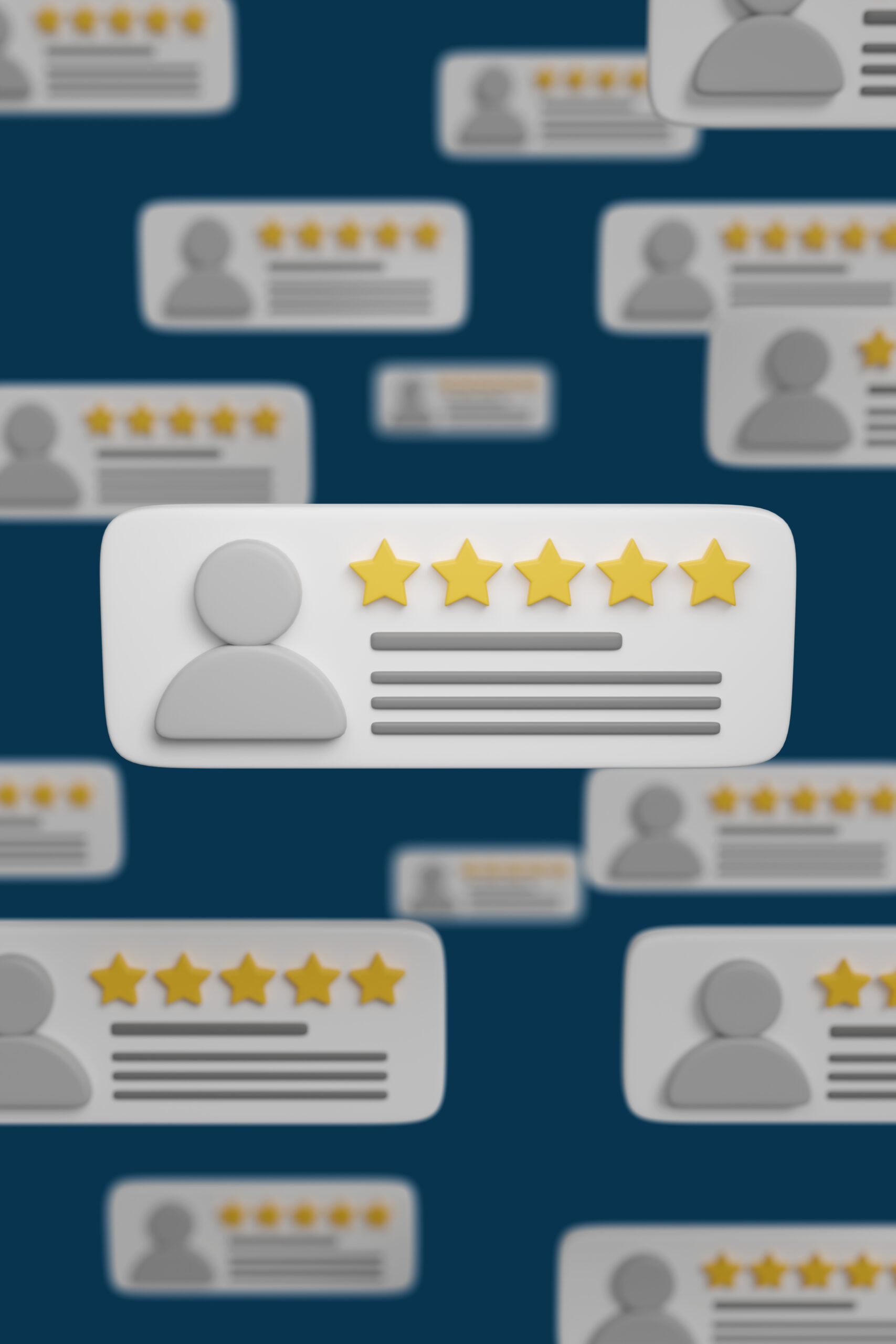
AI-powered website builders aren’t just flashy tools—they’re grounded in rigorous research and booming market data. Here’s what current studies and industry figures reveal:
AI-powered website builders have evolved from niche experiments to essential tools in modern web development, particularly for small and medium-sized enterprises (SMEs). In 2023, the global market for AI-driven website builders was valued between USD 1.2 billion and USD 3.2 billion. Projections estimate this figure will rise to USD 6.7–31.5 billion by 2030, reflecting compound annual growth rates (CAGR) between 20% and 58%. SMEs are the primary drivers of this trend, accounting for around 63% of current users, due to the cost-efficiency and speed these tools provide.

AI website platforms rely on advanced technologies such as large language models (LLMs) and machine learning-based design engines. These tools automate critical tasks like layout generation, copywriting, image selection, mobile responsiveness, and search engine optimization. Platforms such as Wix AI, Framer AI, and 10Web use user-provided input and industry data to create entire websites that are visually coherent and functionally optimized. Machine learning also helps in refining user experience by adapting visual hierarchies and suggesting improvements based on behavioral data.

Academic research confirms the productivity potential of AI in digital workflows. A well-cited study involving GitHub Copilot showed that developers working with AI assistance completed programming tasks 55.8% faster than those without. Though focused on software development, the findings are relevant to website creation, where AI can dramatically accelerate structure, content generation, and deployment. Additionally, research has emphasized the usefulness of generative AI in supporting more complex editorial and structural tasks, including web content creation and design iteration.
Case studies provide further evidence of AI websites in action. A 2025 report by Business Insider described how a father-daughter duo launched a complete e-commerce site within six hours using an AI website builder—despite having no technical background. The process included not just layout generation but also integration with payment services like Stripe, illustrating how AI platforms now support full business functionality, not just visual design.
Tech experts and platforms like TechRadar have evaluated and ranked AI website builders based on usability, speed, and flexibility. In 2025, Wix and GoDaddy’s Airo ranked among the most capable, combining AI-generated content with design that rivals traditional developers. However, expert consensus suggests that manual refinement is still necessary to align the final product with a company’s brand, message, and SEO requirements. The AI serves best as a foundation—quick, scalable, and structurally sound.

AI websites are no longer just an emerging trend—they are a validated, research-supported solution for businesses seeking to establish a professional online presence quickly and affordably. When used strategically, they provide a strong foundation that, when refined by experts, can match or even exceed traditional development workflows in both speed and quality.
At Webface, we combine the power of AI website builders with our expertise in design, UX, and SEO to deliver polished, high-performing websites. The AI gives us speed. Our team ensures quality.
Not all business models rely on e-commerce but many can benefit from them, especially those that already send goods to customers, whether they’re B2B or B2C enterprises.
We develop e-commerce websites using various platforms, such as WooCommerce, Shopify, and Magento depending on your specific requirements and preferences. We are experts in finding the best solution for your business.
The development timeline for an e-commerce website can vary depending on the complexity of the project, the number of features, and the level of customisation required. On average, it can take anywhere from a few weeks to a few months to complete an e-commerce website. We also offer express solutions if you're in a hurry.
The cost of an e-commerce website design depends on several factors, such as the complexity of the design, the features required, and the level of customization. We create custom e-commerce websites that fit your needs and budget. Reach out to us for a cost estimation.
We can integrate a variety of secure and reliable payment gateways into your e-commerce website, including popular options such as PayPal, Stripe, and WorldPay, among others.